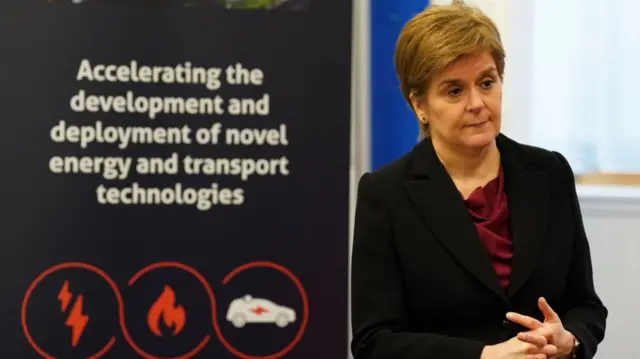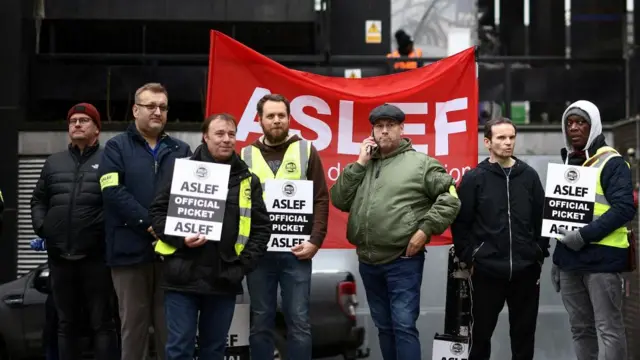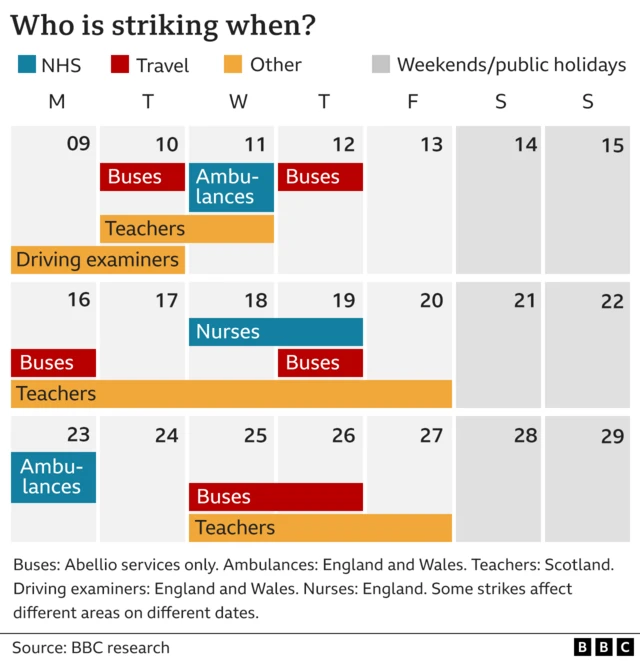Goodbye for nowpublished at 15:42 GMT 10 January 2023
For more coverage on this, check out our main story: Unions criticise strikes bill as unworkable
Today's writers were Aoife Walsh, Thomas Mackintosh, Sam Hancock and Victoria Lindrea.
The editors were Chris Giles, Rob Corp and Emma Owen.



